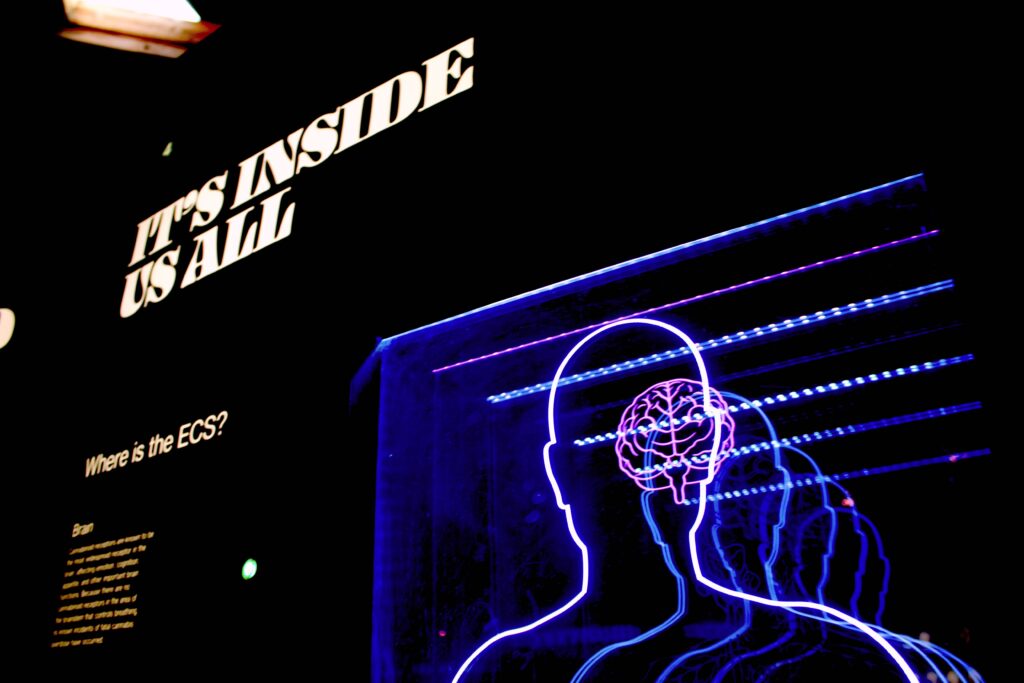With the rapid progression of medical science, new treatments often emerge that promise to revolutionize how we approach various health conditions. Such promises are met with a mix of enthusiasm, skepticism, and a barrage of questions. Transcranial Magnetic Stimulation, commonly referred to as TMS, has not been exempt from such reactions. But as many, including David Robinson, Psychiatrist from Massachusetts, have discovered, diving deeper into the science and application of TMS can transform skepticism into genuine belief. This journey from doubt to acceptance is natural in the medical field, as it ensures that new treatments are scrutinized for their efficacy and safety.

What Exactly is TMS?
Before diving into myths and concerns, let’s lay the foundation with a basic understanding of TMS. TMS is a non-invasive procedure that utilizes magnetic pulses to target specific areas of the brain. It is primarily used for treating conditions like depression, anxiety, and OCD, especially when traditional medications haven’t provided satisfactory results. The idea behind TMS is to modulate neural activity, restoring balance and function in affected areas of the brain. Its application in modern psychiatry is a testament to its potential in bridging the gap where other treatments may fall short.
Myth 1: TMS is Experimental and Unsafe
Fact: TMS is FDA-Approved and Backed by Science.
Many new medical treatments often get labeled as “experimental” out of caution or lack of widespread knowledge. But TMS is far from a new kid on the block. It has undergone rigorous clinical trials and has been approved by the FDA for the treatment of depression since 2008. David Robinson, Psychiatrist with a deep understanding of the method, frequently highlights the scientific evidence supporting the efficacy and safety of TMS. Beyond regulatory approval, the growing number of success stories from patients underscores its reliability and effectiveness.
Myth 2: TMS is Like Electroconvulsive Therapy (ECT)
Fact: TMS and ECT are Vastly Different Treatments.
A common misconception is equating TMS with ECT because both involve the brain’s electrical activity. However, they’re different in application, procedure, and side effects. While ECT requires anesthesia and induces controlled seizures, TMS is non-invasive, doesn’t require any sedation, and patients remain fully awake and aware throughout the procedure. The side effects associated with ECT, such as memory issues, aren’t a concern with TMS. It’s crucial for patients and the general public to understand these differences to make informed decisions about their health.
Myth 3: TMS Has Severe Side Effects
Fact: TMS Has Minimal Side Effects, Most of Which are Temporary.
Like any medical procedure, TMS has potential side effects. But compared to the array of side effects associated with psychiatric medications, those related to TMS are relatively minimal. Common side effects include mild headache or discomfort at the treatment site. These symptoms are typically temporary and lessen with subsequent treatments. It’s essential to weigh these mild side effects against the profound positive impacts TMS can have on a patient’s life.
Concerns About the Effectiveness of TMS
With the abundance of treatments available for mental health conditions, it’s natural to question the effectiveness of a newer option like TMS. However, numerous studies have shown that TMS can be exceptionally beneficial for individuals who haven’t found relief with other treatments. Dr. David Robinson, Psychiatrist and advocate for TMS, often points out the life-changing outcomes many of his patients have experienced, emphasizing that for some, TMS has been a beacon of hope when all else seemed to fail. The growing body of research combined with real-world results solidify TMS as a compelling option for many.
Looking Forward: The Promising Horizon of TMS
As with any medical treatment, individual experiences with TMS may vary. However, the consistent results, minimal side effects, and non-invasive nature of TMS make it a valuable tool in the arsenal against debilitating mental health conditions. It’s crucial to approach TMS, or any medical treatment for that matter, with an open mind and a hunger for accurate knowledge. By keeping ourselves informed and being open to the advances in medical science, we can make the best decisions for our health and well-being.



